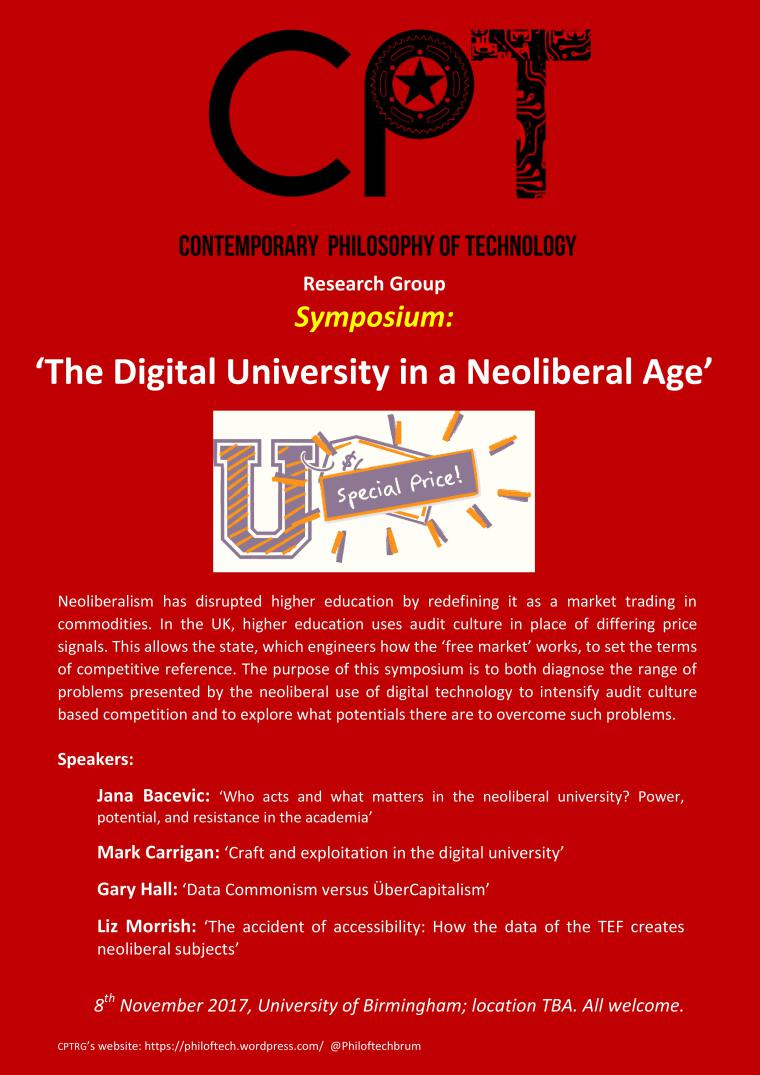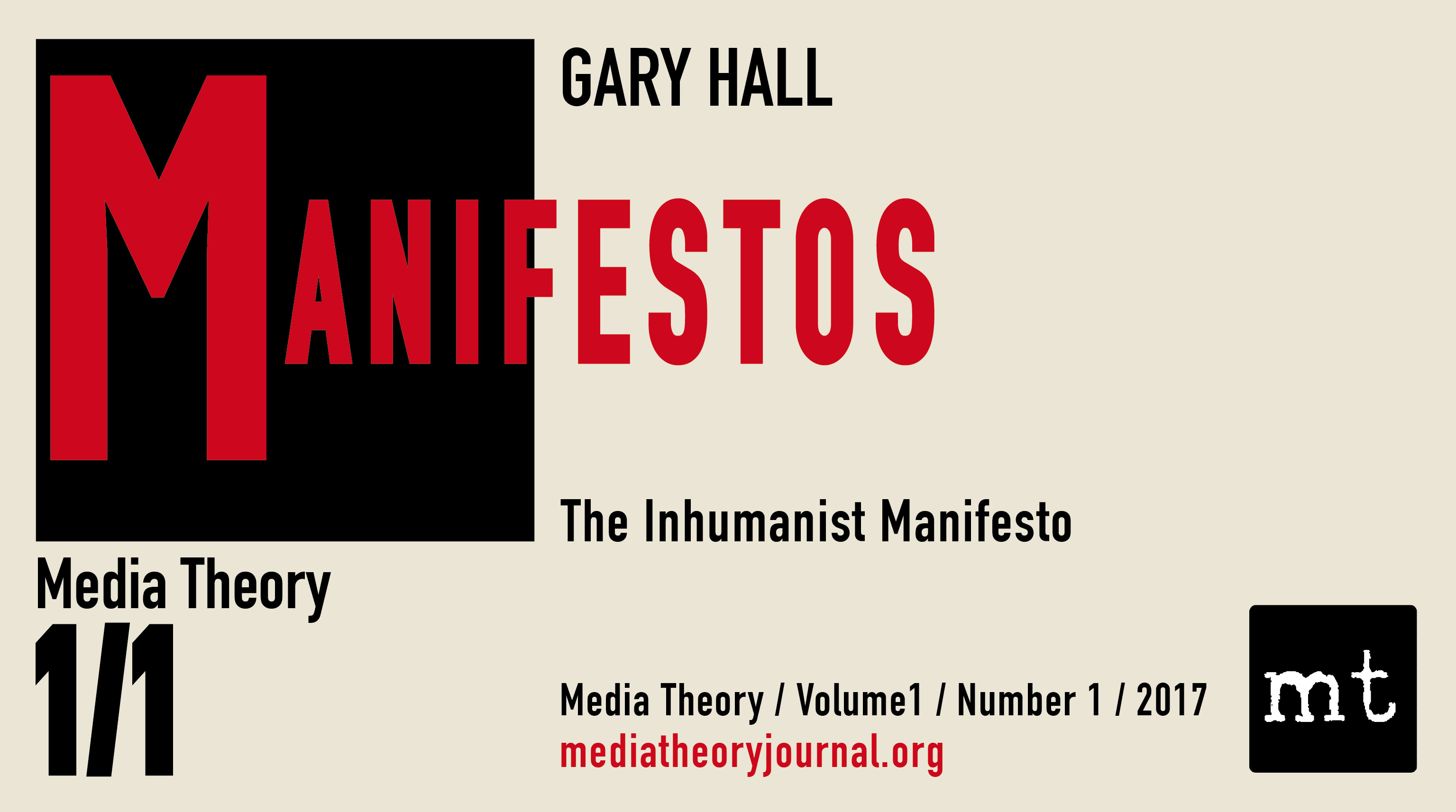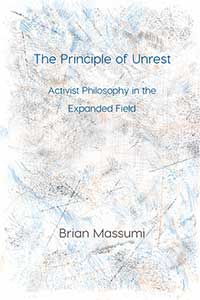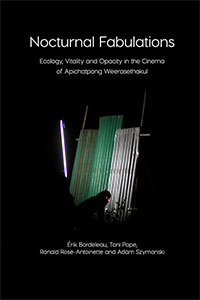#postARTandSCIENCE symposium at the Wellcome Collection
 Tuesday, September 12, 2017 at 9:53AM
Tuesday, September 12, 2017 at 9:53AM #postARTandSCIENCE is a one day symposium on Friday 22 September 2017, from 9.30am to 5.30pm
Venue: Henry Wellcome Auditorium, Wellcome Collection, 183 Euston Road, London, NW1 2BE
Over the last 30 years 'art+science' has grown from a niche interest to a legitimate field of inquiry and experimentation, producing many exciting projects, interdisciplinary collaborations and lively debates across various academic and artistic institutions. At the same time, concerns have been raised that aesthetically engaging art is all too frequently used to illuminate a scientific idea and, in this way, help scientists communicate with a wider audience. Even some of the more collaborative projects between artists and sciences maintain the distinction between the two fields, which temporarily come together in various funded projects. So, is it time to move on from 'art+science'?
#postARTandSCIENCE takes as its main theme thinking beyond 'art+science' -- especially in the sense in which this pairing is conventionally understood. Are we satisfied with the way 'art+science' has operated to date, and, if not, what should come after it? Can art change what we understand by science? Can science itself be considered a form of art? Should the relation be extended to take in other methods and approaches, such as those associated with engineering, geography, anthropology, literature, philosophy or media? Or does #postARTandSCIENCE call for an a-disciplinary approach?
email info@gvart.co.uk to request an invitation











